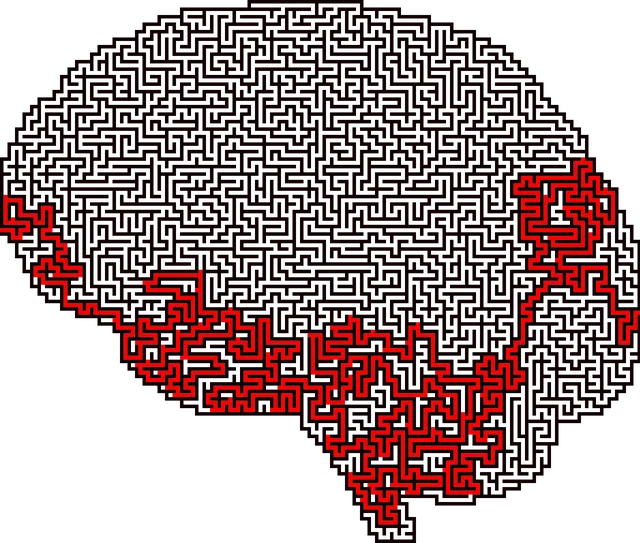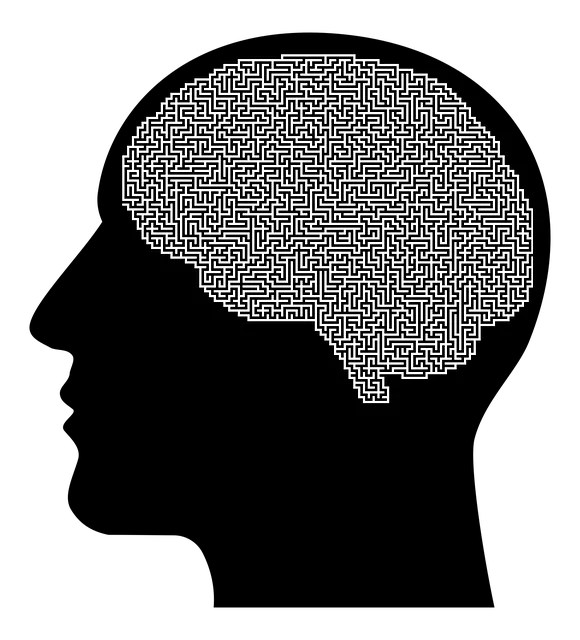The Kaiser Permanente mental health center in Castle Rock tackles the significant barrier of stigma surrounding mental illness through comprehensive strategies. By raising awareness, educating the community on stress reduction, and implementing non-judgmental practices, they aim to encourage individuals to seek help early. The center's dedicated services, educational programs, and community engagement initiatives foster a supportive environment, empowering residents to manage their mental wellness effectively, while policy advocacy drives systemic change to reduce stigma across society.
Mental illness stigma is a pervasive barrier to seeking help, yet efforts to reduce it are gaining momentum. This article explores comprehensive strategies to combat stigma, focusing on initiatives led by Kaiser Permanente’s Castle Rock mental health center. We delve into educational programs that break down misconceptions, community engagement fostering support, and policy advocacy driving systemic change. By examining these approaches, we aim to illuminate the path towards a more understanding and supportive society for those facing mental health challenges, with a particular emphasis on the role of Kaiser Permanente Castle Rock as a beacon of destigmatization.
- Understanding Stigma: Its Impact on Mental Health Seeking
- Kaiser Permanente Castle Rock: A Hub for Destigmatization Initiatives
- Educational Programs: Breaking Down Barriers and Promoting Awareness
- Community Engagement: Fostering Supportive Environments
- Policy Changes and Advocacy: Systemic Shift for Mental Well-being
Understanding Stigma: Its Impact on Mental Health Seeking

Stigma surrounding mental illness can have profound effects on individuals’ willingness to seek help and maintain treatment adherence. At the Kaiser Permanente mental health center in Castle Rock, we recognize that understanding the nature and impact of stigma is a critical first step in reducing its hold on our community. Mental health seeking behaviors are often hindered by misconceptions, fear of judgment, and concerns about privacy. These barriers can lead to delays in diagnosis and treatment, exacerbating symptoms and negatively impacting overall well-being.
By raising awareness about the various forms stigma takes—from explicit discrimination to subtle stereotypes—we aim to foster an environment where individuals feel comfortable discussing their mental health challenges openly. This includes promoting education on Stress Reduction Methods, integrating Risk Management Planning for Mental Health Professionals, and implementing Burnout Prevention Strategies for Healthcare Providers to ensure a supportive and non-judgmental atmosphere both within the healthcare system and in our broader community.
Kaiser Permanente Castle Rock: A Hub for Destigmatization Initiatives

Educational Programs: Breaking Down Barriers and Promoting Awareness

Educational programs play a pivotal role in reducing stigma surrounding mental illness, particularly at facilities like Kaiser Permanente’s mental health center in Castle Rock. These initiatives are designed to break down barriers and foster understanding within communities. Through interactive workshops, seminars, and outreach sessions, participants gain valuable insights into various aspects of mental health, including recognizing signs, dispelling myths, and learning coping skills for personal resilience.
Focusing on activities such as Mental Wellness Journaling Exercises and Depression Prevention strategies, these programs empower individuals to take charge of their mental wellness. By providing clear guidance and fostering open dialogue, they create a supportive environment where people feel comfortable seeking help without fear of judgment or discrimination. This proactive approach not only benefits the individuals participating but also contributes to a more inclusive community that prioritizes overall mental health and well-being for all.
Community Engagement: Fostering Supportive Environments

Community engagement plays a pivotal role in reducing the stigma surrounding mental illness, especially in areas like Castle Rock where resources such as the Kaiser Permanente mental health center are accessible. By actively involving community members and organizations, these centers can offer tailored support and education that cater to local needs. Initiatives like hosting awareness events, workshops on self-care practices, and mental wellness journaling exercises can help dispel myths and foster a culture of understanding and empathy.
Engaging with the community also enables mental health professionals to provide guidance on anxiety relief techniques, ensuring that individuals have practical tools to manage their well-being. This collaborative approach not only enhances access to care but also strengthens the social fabric by creating supportive environments where everyone feels comfortable seeking help for their mental health concerns.
Policy Changes and Advocacy: Systemic Shift for Mental Well-being

Policy changes and advocacy play a pivotal role in mental illness stigma reduction efforts. Organizations like Kaiser Permanente mental health center in Castle Rock are at the forefront of this movement, championing for systemic shifts that prioritize mental well-being. They advocate for updated policies that improve access to quality mental health care, promote early intervention strategies, and ensure crisis intervention guidance is readily available.
These initiatives extend beyond individual centers; they contribute to a broader societal change where mental illness is met with compassion and understanding rather than stigmatization. By fostering open conversations about mental health and encouraging positive thinking, these efforts aim to create an environment where people feel empowered to seek help without fear of judgment or discrimination.
Mental illness stigma reduction is a multifaceted effort that involves understanding its profound impact, as highlighted in this article. Initiatives like those at Kaiser Permanente Castle Rock Mental Health Center demonstrate that through educational programs and community engagement, we can create supportive environments that foster understanding and recovery. Policy changes advocate for a systemic shift, ensuring everyone has access to quality mental health care without the barriers of stigma. By combining these strategies, we can break down barriers and promote a more inclusive society where mental well-being is prioritized and supported.






